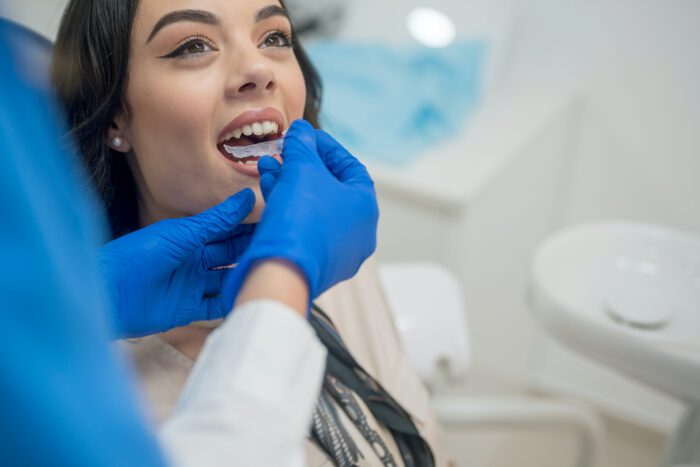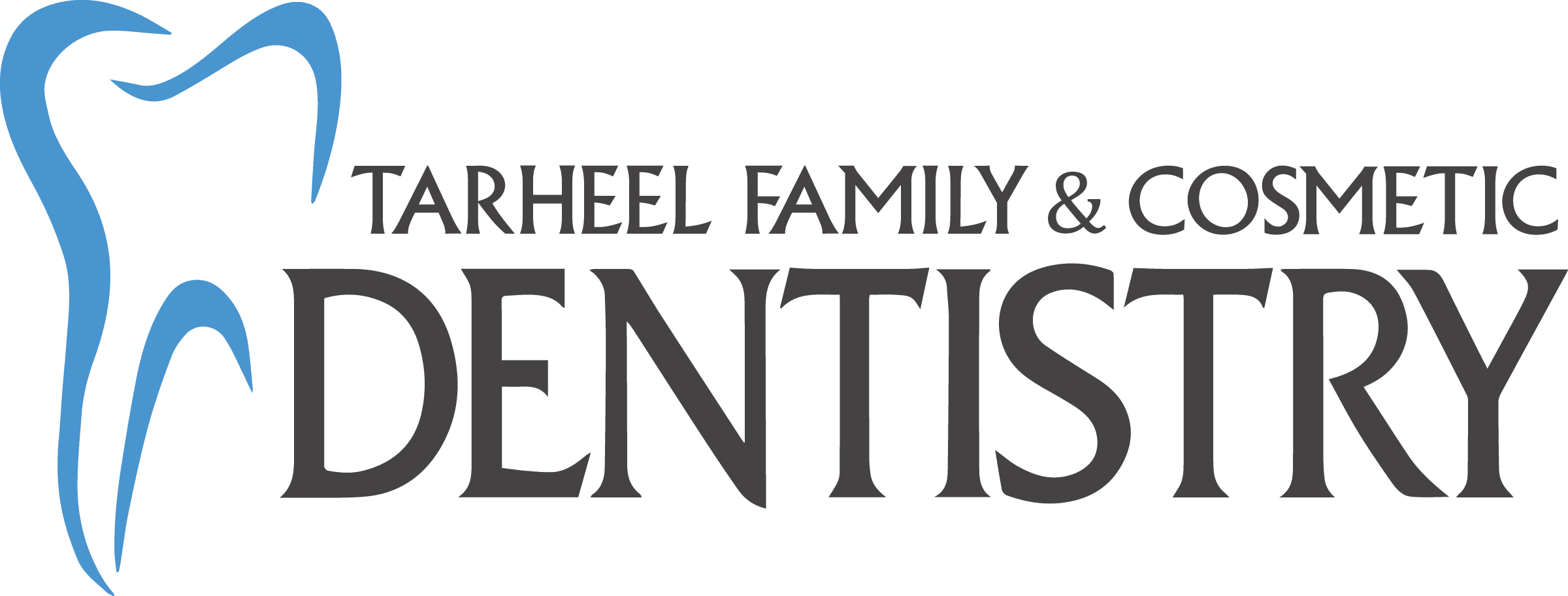Teeth grinding, also known as bruxism, affects many people. It often occurs during sleep, but some people also grind their teeth during the day. Stress and anxiety can trigger it, but there are other contributing factors. Symptoms include jaw pain, headaches, and worn teeth. If untreated, it can cause serious dental issues, such as tooth fractures and gum recession. Bruxism can also lead to temporomandibular joint disorders (TMJ), which can cause chronic pain and discomfort.

Identifying the Causes
Stress and anxiety are common causes of teeth grinding. When people are stressed, they may clench their jaw or grind their teeth unconsciously. Poor sleep habits can also contribute to bruxism. For instance, irregular sleep patterns or sleep disorders like sleep apnea can increase the likelihood of teeth grinding. Some medications, particularly antidepressants, list bruxism as a side effect. Misaligned teeth or an abnormal bite may also lead to grinding, as the teeth do not fit together properly. Identifying the cause helps in choosing the right treatment, and a comprehensive dental evaluation can provide valuable insights.
Home Remedies for Teeth Grinding
Stress management techniques could help reduce teeth grinding. Try yoga or meditation to relax your mind and body. These practices can lower stress levels and promote better sleep. Warm baths before bed can also reduce stress and prepare your body for sleep.
Avoid caffeine and alcohol, especially before sleep, as they can increase the likelihood of grinding. Caffeine is a stimulant that can interfere with your ability to fall asleep, while alcohol can disrupt your sleep cycle. Ensure you get enough sleep by maintaining a regular sleep schedule. Going to bed and waking up at the same time every day can help regulate your body’s internal clock.
Dental Treatments for Teeth Grinding
Visit your dentist for professional advice on treating teeth grinding. They may recommend a mouth guard, which is a device that protects your teeth while you sleep. Custom-made guards fit better and offer more protection compared to over-the-counter options. In severe cases, dental correction may be necessary. This can involve reshaping the chewing surfaces of your teeth to improve their alignment. Your dentist might also suggest orthodontic treatment, such as clear aligners, to correct misaligned teeth. In some cases, dental restorations like crowns or overlays may be needed to repair damaged teeth.
Preventing Teeth Grinding
Preventing teeth grinding involves making lifestyle changes that reduce stress and promote better sleep. Stress management is crucial, as high stress levels can exacerbate bruxism. Regular exercise can help reduce stress and improve overall well-being. Avoid stimulants like caffeine and tobacco, as they can increase anxiety and interfere with sleep. Maintaining a regular sleep schedule is also important. Talk to your dentist about preventive measures, such as wearing a mouth guard. Regular dental check-ups can catch problems early and prevent more serious issues.
When to Seek Professional Help
Persistent jaw pain or headaches require professional attention. If you notice worn or damaged teeth, consult your dentist. They can assess the extent of the damage and recommend appropriate treatments. Early intervention can prevent more serious issues, such as tooth fractures and gum recession. Ignoring the problem can lead to more severe dental work, including root canals or extractions. Additionally, if you experience symptoms of TMJ, such as jaw clicking or difficulty opening your mouth, seek professional help. Your dentist can provide a comprehensive evaluation and develop a personalized treatment plan.
Teeth grinding is a common issue with many causes. Identifying the cause is the first step in treatment. Tarheel Family Dentistry can help you with all your dental needs. Visit us for a comprehensive evaluation and personalized treatment plan. Our experienced team is dedicated to providing the highest quality care and helping you achieve a healthy, beautiful smile.
